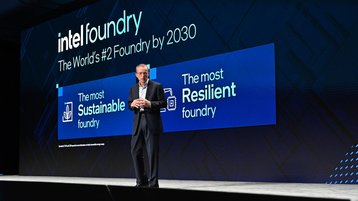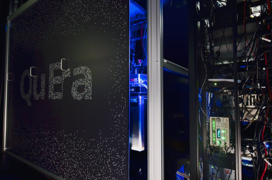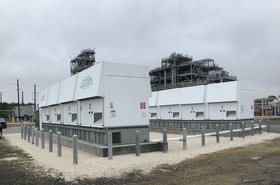Intel’s foundry business reported $7 billion in operating losses in 2023, with the business unit’s revenue totaling $18.9bn, a 31 percent decline from the $27.49bn it made in the year prior.
However, Reuters reported that during a presentation to investors, CEO Pat Gelsinger said that the decline was not unexpected and the company expected 2024 would see the foundry unit post its biggest operating losses, before eventually breaking even in 2027.
In an attempt to reverse the company’s previous missteps, Intel is looking to reduce the total number of outsourced wafers from 30 percent to 20 percent and take full advantage of its newly purchased High-NA extreme ultraviolet (EUV) lithography scanner from Dutch EUV company ASML.
"In the post EUV era, we see that we're very competitive now on price, performance (and) back to leadership," Gelsinger said, in comments reported by Reuters. "And in the pre-EUV era, we carried a lot of costs and (were) uncompetitive."
Intel continues its transition to foundry operating model
In February 2024, Intel separated its Product and Foundry lines into two separate businesses, rebranding Intel Foundry Services as Foundry and expanding the business unit to include technology development, supply chains, fabrication, and packaging services.
That same month, the company also announced a $15bn custom chip manufacturing deal with Microsoft which will see Intel produce Microsoft-designed custom chips for the company using Intel’s 18A process.
In order to align with this new operating model, Intel has outlined a new financial reporting structure which the company said is designed to “drive increased cost discipline and higher returns by providing greater transparency, accountability and incentives across the business.”
Going forward, the company will report results from Foundry as a standalone operating segment, while results from Client Computing Group (CCG); Data Center and AI (DCAI); and Network and Edge (NEX) will fall under the Intel Products heading.
Altera, Intel’s newly launched FPGA (field-programmable gate array) business, Mobileye, and other business lines will collectively be referred to as All Other.
Intel has invested heavily in expanding its chip manufacturing capacity in recent years, plowing $20 billion into a semiconductor fabrication plant in Columbus, Ohio, and an additional $47bn across sites in Arizona, Germany, and Malaysia. However, the projects have not been without their issues, with the company having to push back its construction timetable at the Ohio fab.
In March 2024, Intel was awarded $8.5 billion in direct funding under the CHIPS and Science Act, with the company also set to benefit from an additional $11bn in low-interest rate loans and a 25 percent investment tax credit on up to $100 billion of Intel’s capital investments.







